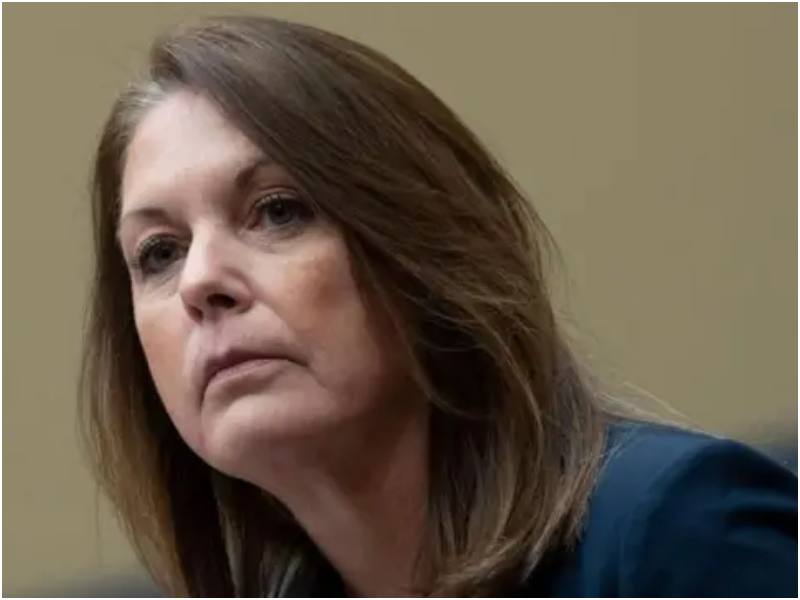Kimberly Cheatle, the director of the U.S. Secret Service, resigned on Tuesday after describing the July 13 attempt on former President Donald Trump’s life as “the most significant operational failure of the Secret Service in decades” during her testimony before the House of Representatives Committee on Oversight and Accountability.
Cheatle delivered a brief statement taking full responsibility for the incident, then faced a series of pointed questions from committee members.
Republican Representative James Comer inquired about how the shooter managed to gain a clear line of sight of Trump from a nearby building. Cheatle declined to discuss specifics, citing the ongoing investigation.
Further scrutiny came from Republican Representative Jim Jordan, who questioned Cheatle on alleged denials of Trump’s requests for additional security.
Cheatle stated that no security requests were denied for the July 13 event, but she provided no details on previous requests.
Democratic Representative Jamie Raskin pressed Cheatle on why Trump was allowed to proceed with the rally despite the Secret Service identifying the shooter as suspicious.
Cheatle explained that while an individual might be deemed suspicious, they are not necessarily considered a direct threat.
Democratic representatives also shifted the focus to gun control, specifically the accessibility of AR-15 rifles, which was the shooter’s weapon.
When asked about the potential benefits of allowing concealed carry in Washington, D.C., Cheatle refrained from giving a direct answer. She did note that the Secret Service operates in various jurisdictions with differing laws on concealed carry.
Additionally, she indicated that the agency needs to expand its capacity from 8,000 to 9,500 agents to address future security needs.
The assassination attempt on Trump, which occurred during a campaign rally in Butler, Pennsylvania, resulted in injuries to the former president.
In response, President Joe Biden announced a comprehensive review of security measures, with ongoing investigations by both the FBI and the Secret Service.
Cheatle’s resignation underscores the severity of the security lapse and the critical need for reassessment of current protocols to prevent such breaches in the future.

